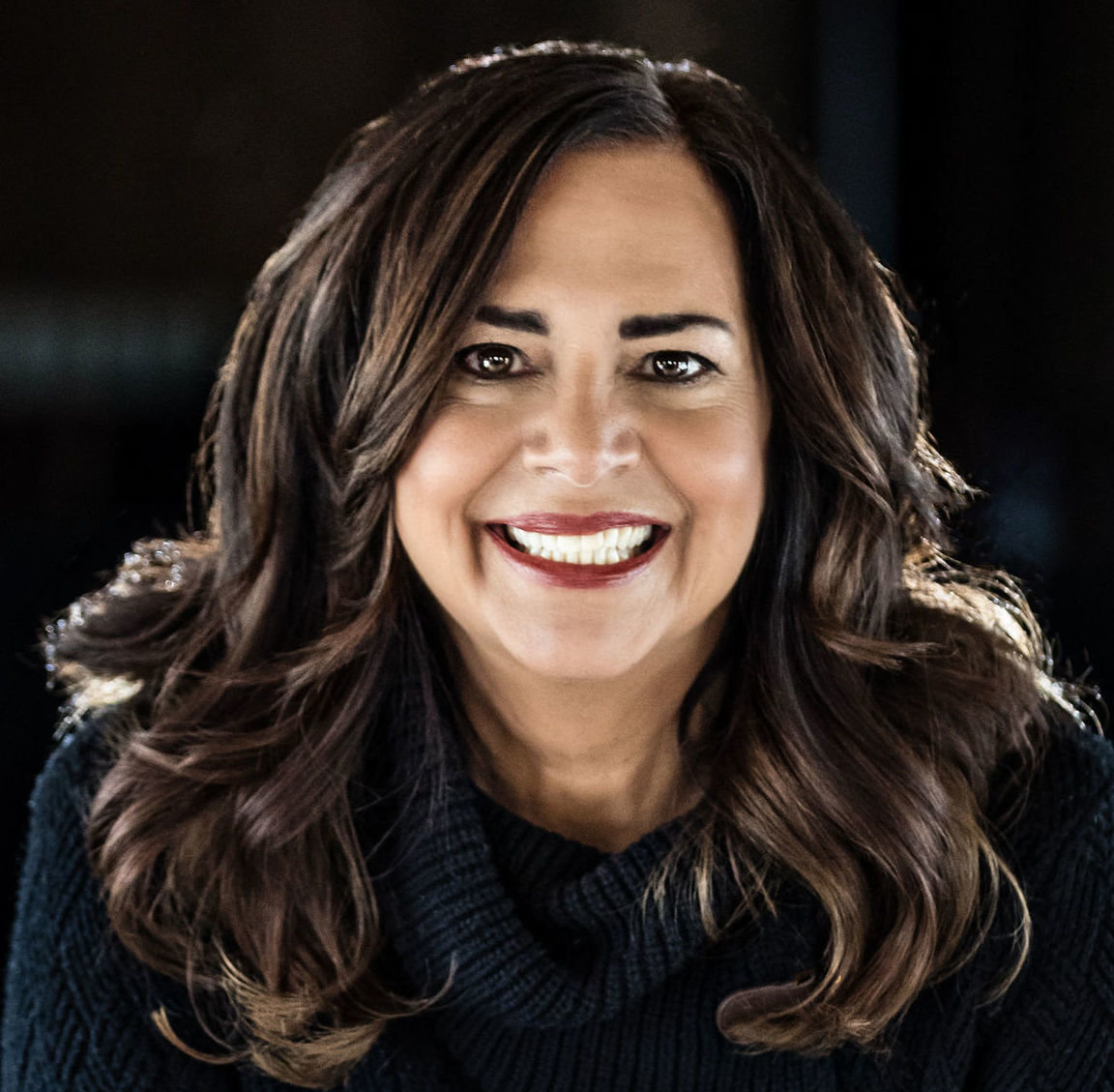In my line of work, I hear from hundreds of new people each month, and I often connect with professionals in a public, open way but privately as well. Through this experience, I’ve seen scores of toxic behaviors being demonstrated that push people away (including myself) and burn bridges with others. And I’ve witnessed the damage that these negative behaviors can cause – to relationships, professional success, career growth, and to the well-being of both the individual behaving in a toxic way, and to everyone around them.
Let’s be honest here – I daresay that every one of us has acted in a toxic way at one point or another in our lives (none of us are completely immune to it). But many folks are more evolved, healthy, balanced, and self-aware, and so it happens more rarely in their lives.
Whether your toxic behavior is a common occurrence, or once in a blue moon, it’s critical for your happiness and success, and for the success and wellbeing of others around you, that you are able to recognize when you’re behaving badly, and shift it (and apologize and take accountability for it) when that behavior it emerges.
The 6 most toxic behaviors I see every day are:
Taking everything personally
In the powerful little book The Four Agreements, don Miguel Ruiz talks about the importance of taking nothing personally. I teach this concept in my coaching programs and courses, and talk about it in my two books as well, but there is often pushback on that idea. “Really, Kathy – don’t take anything personally?” people ask.
We’re toxic to be around when we believe that everything that happens in life is a direct assault on us or is in some way all about us. The reality is that what people say and do to you is much more about them, than you. People’s reactions to you are shaped by their filters, and their unique perspectives, wounds and experiences. Whether people think you’re amazing, or believe you’re the worst, again, it’s more about them.
I’m not saying we should be narcissists and ignore all feedback. I am saying that so much hurt, disappointment and sadness in our lives comes from our taking things personally when it’s far more productive and healthy to let go of others’ good or bad opinion of you, and to operate with your own heart and intuition as your guide. So yes – don’t take anything personally.
Tip: In speaking with renowned forgiveness expert Dr. Fred Luskin on my Finding Brave podcast, and reading his powerful book Forgive for Good, he talks about one way to remind yourself why you shouldn’t necessarily take an insult or poor behavior personally. He suggests that we ask ourselves this question: “Would this person act in this way to EVERYONE or just you?” If the offending individual would most likely behave in this negative way to everyone, then why should you waste your time and emotion taking it personally?
Obsessing about negative thoughts
It’s very hard to be around people who can’t or won’t let go of negativity – when they dwell on and speak incessantly about the terrible things that could happen and have happened, the slights they’ve suffered, and the unfairness of life. These people stubbornly refuse to see the positive side of life and the positive lessons from what’s transpiring. Pessimism is one thing – but remaining perpetually locked in negative thoughts is another. Only seeing the negative, and operating from a view that everything is negative and against you, is a skewed way of thinking and living, and you can change that.
Tip: Take some time this month and pay close attention to the type of thoughts you have. Start to embrace the idea that, “I am not my thoughts. I am separate from them.” Once you recognize that, you can start to have greater control over what you think and believe. You can learn to reshape your thoughts to something more life-affirming, whichs shifts their impact on your emotions, behaviors, and the stories you’re telling yourself – about life, people around you, your own worth, etc. Begin to observe your thoughts in a more neutral, curious way, and ask yourself, “Is this thought helpful? Will this thought support me to be happier or crush me down further?”
Treating yourself like a victim
Another toxic behavior is non-stop complaining that fuels your sense of victimization. Believing you’re a victim, that you have no power to exert and zero influence on the direction of your life, is a toxic stance that keeps us stuck and small. In my former work as a marriage and family therapist, I worked with many people who’d suffered terrible trauma in their lives but also found the courage and strength to bounce forward and turn it around as a way to uplift themselves and their lives out of the trauma.
Now, in my work and from what I’ve experienced in my own life, I know that we have access to far more positive power, authority, and influence over our lives than we often believe. When you refuse to see yourself as a hapless victim of fate or chance and stop believing the world is out to get you, you’ll find that you are far more powerful than you realized to shape what happens to you.
Tip: If you feel like a victim right now, I’d suggest exploring where you might be handing over your power to someone or something else. For a quick way to assess where you might be experiencing what I call the 7 damaging power gaps that negatively impact a staggering 98% of professional women and 90% of men, take my quick Power Gap survey. If you have one or more of these gaps, it will be much harder to reach your highest, most joyful goals for your life and work. And to learn more about how to experience more good luck, opportunities and influence, check out my interview with Christian Busch on ways to expand serendipity in your life.
Cruelty – lacking in empathy or putting yourself in others’ shoes
One of the most toxic and damaging behaviors of all – cruelty – stems from a total lack of empathy, concern or compassion for others. We see it every day online and on social media – people being devastatingly cruel to and judgmental of others just because they can. They tear people down online but in a cowardly way, using their anonymity as a weapon. And an online forum allows them to attack people that they will never meet in person or look into their eyes to see the evidence of how hurtful they’re being. Cruelty, backstabbing, and ripping someone to shreds – it’s all toxic, and it hurts you as well as your target.
I had a powerful learning experience about this years ago. I came into the house one day in a nasty mood, and shared a mean, sniping comment to my husband about the way a neighbor was parenting her child through one of his problem phases. In less than 24 hours, that very same issue the parent was dealing with came home to roost in my house, with my child. It was as if the Universe sent me the message that “Ah, if you want to be cruel and demeaning about someone, we’ll give you the same experience you’ve judged so negatively, so you can learn some compassion.” And I did.
Tip: If you find yourself backstabbing and tearing someone else down online or in person, stop in your tracks. Dig deep and find compassion in your heart, and realize that we’re all the same in core ways – we’re all human, suffering with our own foibles, fears, insecurities and challenges.
Then take a hard look at why you’re motivated to be so judgmental and cruel. Ask yourself with as much love in your heart as you can, “What exactly does it give me, to be like this?” Am I trying to build myself up or feel more powerful or confident, through the act of putting someone down?” The reality is that, when you’re doing this, it shows only one thing to the world – that deep down, you don’t feel good about yourself.
Excessive reactivity
An inability to manage your emotions is toxic to everyone around you. We all know these people – men and women who explode over the smallest hiccup or problem. Yelling at the bank teller for the long line, screaming at your assistant for the powerpoint error he made, or losing it with your child for spilling milk on the floor.
Sure, we all have moments or times when we lose control. But if it’s a regular occurrence, that you overreact with anger, rage, fear, criticism, or other emotions that destroy your peace and balance, then something more is happening.
Tip: If you find that you’re overly reactive, losing it at every turn, (or if other people tell you that you are) you may need some outside assistance to help you understand what’s at the root of your emotionality, and to gain greater control over your emotions. There’s more to it than appears on the surface. An outside, neutral perspective – and a new kind of support – is often instrumental.
Needing constant external validation
Finally, people who constantly strive for validation and self-esteem by obsessing about achieving outward measures of success, are exhausting to be around. Those men and women who are caught up in the need to prove their worth over and over, and constantly want to “win” over their colleagues or peers, are toxic and draining.
Over-attachment to how things have to look and be, and to achieving certain milestones and accomplishments (or winning at everything) rather than going with life in a more flexible, easy manner, can wear you out and bring down everyone else around you.
There is a bigger picture to your life, and it’s not all about what you achieve or win at today. It’s about the journey, the process, the path – what you’re learning and applying, how you’re helping others, the kindness, generosity and love you show, and the self-growth process you allow yourself to engage in.
Tip: Try to stop obsessing and stressing over particular outcomes like, “I need that promotion now!” or “My house has to be bigger and more beautiful than my neighbor’s,” or “My summer vacation has to be impressive.” A desperate need to prove your dominance or value and build your self-esteem through outer measures of success is often a sign that you felt you didn’t receive the validation and acceptance that you were longing for as a child, and you are looking for it now, at every turn. But that need for external validation can push away the very outcomes and happiness you’re longing for.
In the end, for those who engage in these toxic behaviors regularly, I’ve seen that regret often seeps into their lives, and they can begin to feel very badly for what they’ve put people through, and how they’ve damaged their own lives and relationships.
Regret is a deeply painful thing to experience, especially as we age and look back on all that we could have been and done with our lives. Take time now to address and revise these behaviors, to experience the life you’re truly wanting.
Kathy Caprino is a career and leadership coach, author, host of Finding Brave, and trainer/speaker helping professionals achieve greater success, fulfillment, and impact. For hands-on career growth help, join her Coaching programs and take her new video training course The Most Powerful You, based on her latest book The Most Powerful You: 7 Bravery-Boosting Paths to Career Bliss.
For more information, follow Kathy on Twitter, LinkedIn. Instagram, and Facebook and check out her website for career and leadership development resources, training, programs and support.


